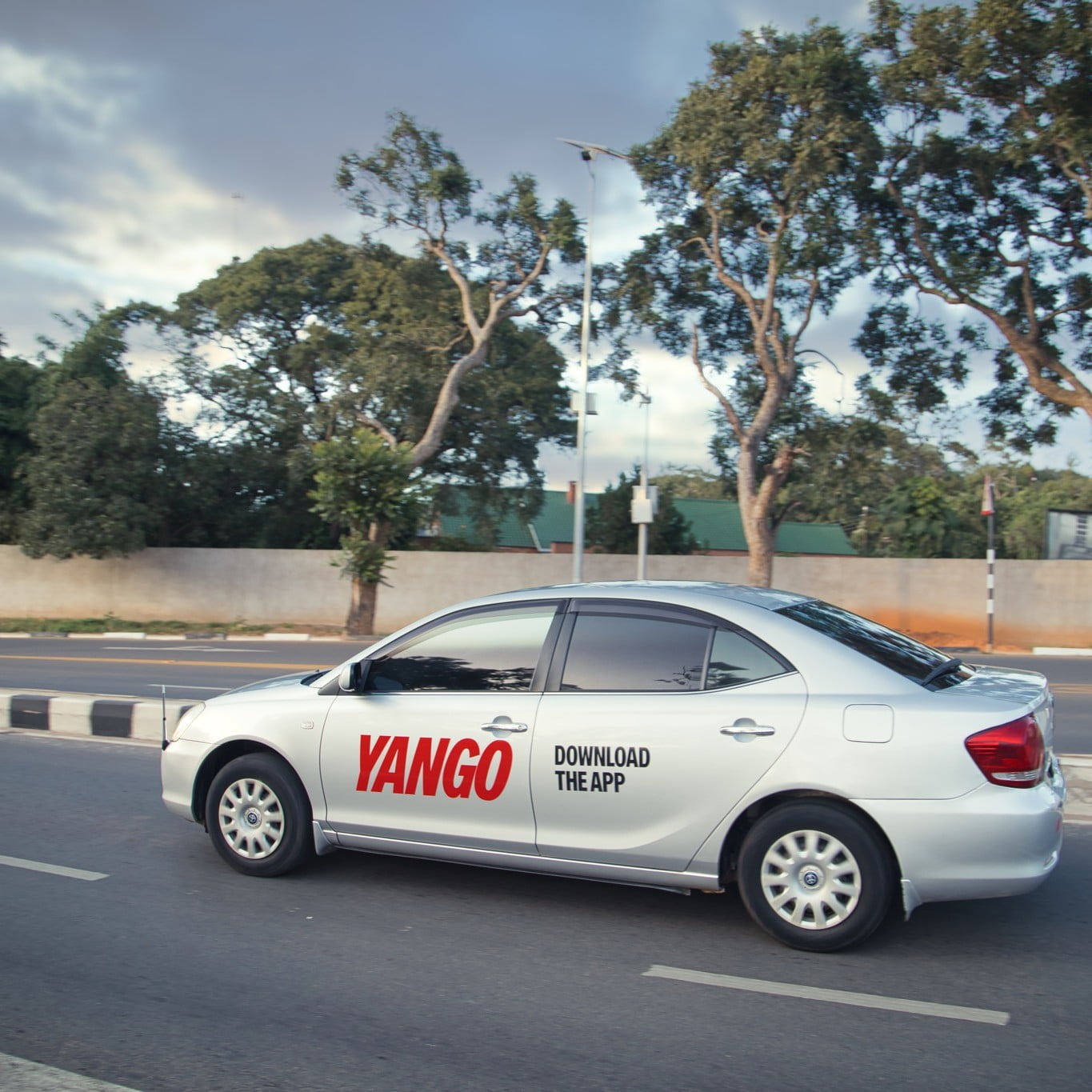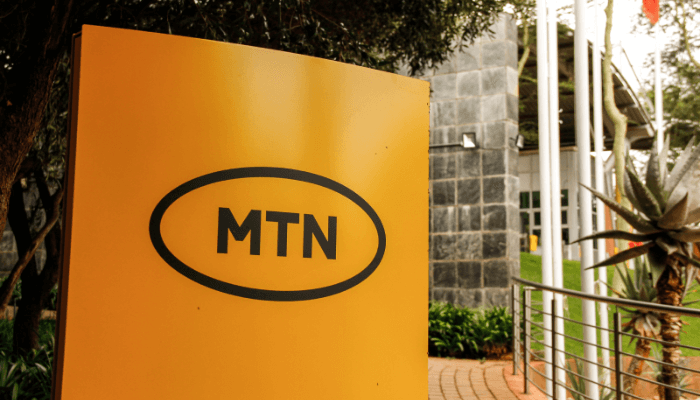Yango and GO are the leading ride-hailing platforms in Lusaka, Zambia. Some drivers operating on the platforms have shared numerous concerns about the two platforms which they say shows a lack of consideration for their welfare.
Yango and GO, the latter of which is formerly and popularly known as “Ulendo”, are Lusaka’s leading ride-hailing platforms. However, in conversations with TechCabal, drivers operating on both platforms have expressed displeasure with the working conditions associated with operating both platforms.
When *Christopher started driving on the GO platform three years ago, he had spent four years looking for formal employment without any luck. With diplomas in theology and accounting, the 35-year-old figured driving for a ride-hailing service would be “easy money” as he had heard from friends. “Ulendo used to be great because the rates offered to customers were reasonable,” Christopher told TechCabal. “So as the driver, I also made a fair return.” However, Christopher states that in recent months, driving for the platform has turned into a nightmare as he struggles to make ends meet with earnings from the service. Some of his expenses include float, fuel, car service, service fees to GO as well as talk time for contacting customers. He points to the fact that taking into account all these expenses as well as the fact that GO keeps reducing prices and offering discounts to riders, the only reason he still operates the service is that he has no other choice but to make a living.
GO launched in Zambia in 2017 to fill the gap left by the absence of popular ride-hailing alternatives like Uber and Bolt, the latter of which only launched in the country in October 2023. The platform’s unique selling point was the fact that riders could contact a preferred driver for each ride. Additionally, drivers could also transfer “credits” to another driver if they could not fulfil a trip. To use the service, drivers pay a 100 kwacha (~$4) monthly subscription fee and a “float” which is a top-up service fee that drivers pay to be able to pick up riders.
Desperate measures
*Jackson is another GO driver who has been using the platform for nearly two years. He does not have his car but rather hires the one he uses from his “boss” whom he gives an agreed-upon daily cut from his earnings. He states that although he was able to make a decent living from the platform at the start, despite also paying the car owner; however, because of the increase in the cost of living, his earnings have nosedived. He mostly blamed the platform for prioritising customer acquisition over driver welfare. “Because of the competition from Yango and Bolt, the prices for riders are so low,” Jackson said. “ This makes especially short trips a loss-making activity. I have no choice but to accept these trips because long haul ones carry even more loss risk.”
According to Jackson, because of the unbalanced unit economics of being a GO operator, he resorts to only picking up customers who request cash trips so he can ask them to pay more. “I call them first to ask what the charge is on their side,” Jackson explained. “I then request them to add a “little something” and then I can start the trip”. Jackson further explains that the modus operandi works especially well late at night or in the wee hours of the morning when people are desperate to get home from entertainment spots. TechCabal asked if he knew that this was against the app’s terms and conditions of use, he stated that he had no choice as it was the only way to ensure driving for the service was worth it. “Some customers are understanding when you request for them to pay more,” Jackson adds. “Others lash out and threaten to report you and give you a one-star rating.”
For customers who refuse to pay extra, drivers who spoke to TechCabal state that because most drivers of the service know each other, they would all make the same extra charge request to a rider until they give in. “If a customer refuses to pay extra, I post them in the driver Whatsapp group to warn my mates,” one told TechCabal. “So when they make another request, they will be asked the same extra charge until they give in.”
Yango facing similar complaints
Yango is a Russian ride-hailing platform which has been expanding across Africa and entered the Zambia ride-hailing market in March 2022. The service has garnered much fanfare in the country with passengers praising it for its low charges compared to other platforms. However, for drivers, despite having started well, it has deteriorated over the last few months. “The Yango in-app map is so terrible that on some days, I spent up to thirty minutes trying to arrive at a customer’s destination,” one driver told TechCabal. “Additionally, there are always some unexplained charges and deductions being made.” According to the driver, the only reason he is still driving for the platform is because he has no other choice as jobs are scarce in the country.
Another driver who spoke to TechCabal on condition of anonymity complained that Yango also makes drivers pay for the actions of delinquent riders. “Sometimes a rider requests a long-distance ride and when you arrive to pick them up, they cancel the ride,” the driver told TechCabal. “Meanwhile, I have spent fuel and talk time calling them and Yango does not reimburse me for this loss.”
Other complaints relayed by Yango drivers to TechCabal include low pickup activity despite having high ratings and “priority points”, harassment received from customers,, especially on weekends, as well as low fees charged to customers that include discounts which impact driver revenue.
Yango responds to complaints
In response to questions by TechCabal, Yango stated that it is aware of some of the complaints. To address these, the company stated that it has a 24/7 customer care centre where drivers can lodge their complaints. “We are always available to speak to partners about their concerns and questions including how to improve the service and offer incentives to drivers,” Yango said in a statement to Techcabal. “Our partner support team operates 24/7 and there are several ways the drivers and couriers of our partners can reach out when they have issues.”
The company also stated that it reimburses drivers for discounts offered to riders and that it has introduced numerous safety features to protect drivers. These include a rider card with name, rating and number of trips, a display of alert zones and a non-penalty policy for drivers who do not wish to perform rides in these zones. TechCabal also reached out to GO but despite numerous follow-ups, did not receive any responses from the company by publication.
Ride-hailing drivers have in the past expressed their displeasure with Yango and GO. In March, drivers staged protests regarding several issues including price reductions for riders. Later in May, more protests took place with some drivers impounding cars of drivers to punish those who decided not to partake in the protests.
*Names have been changed.





















